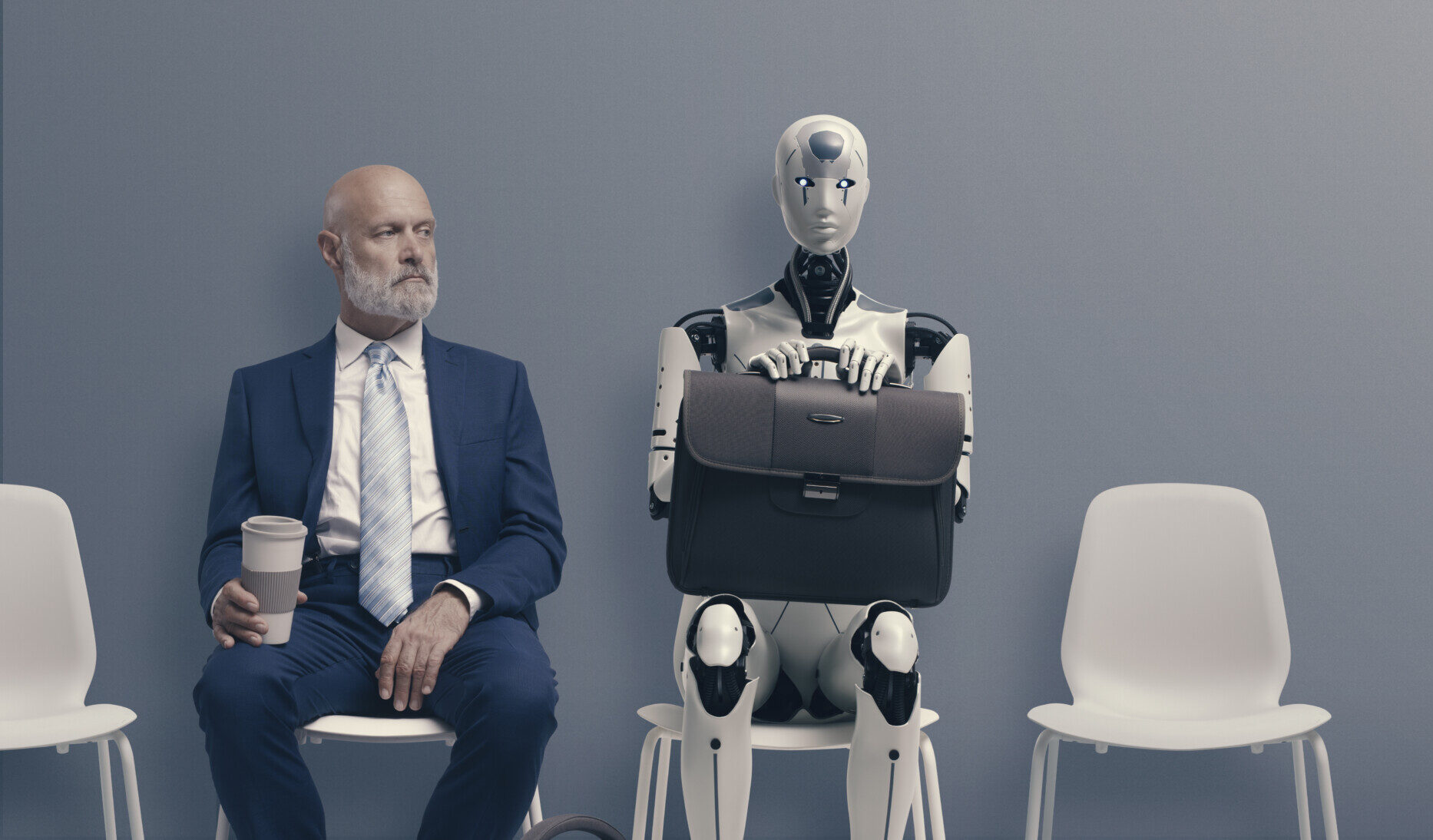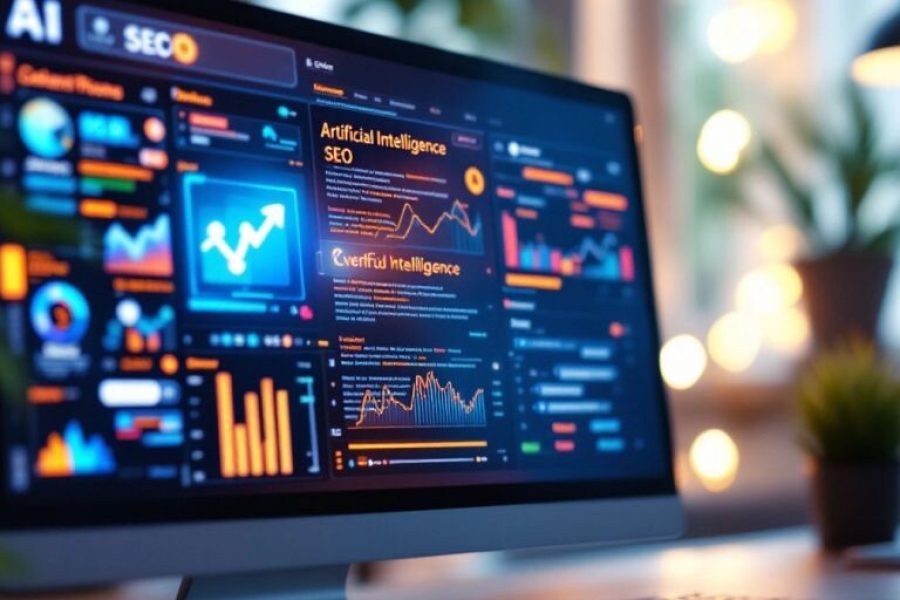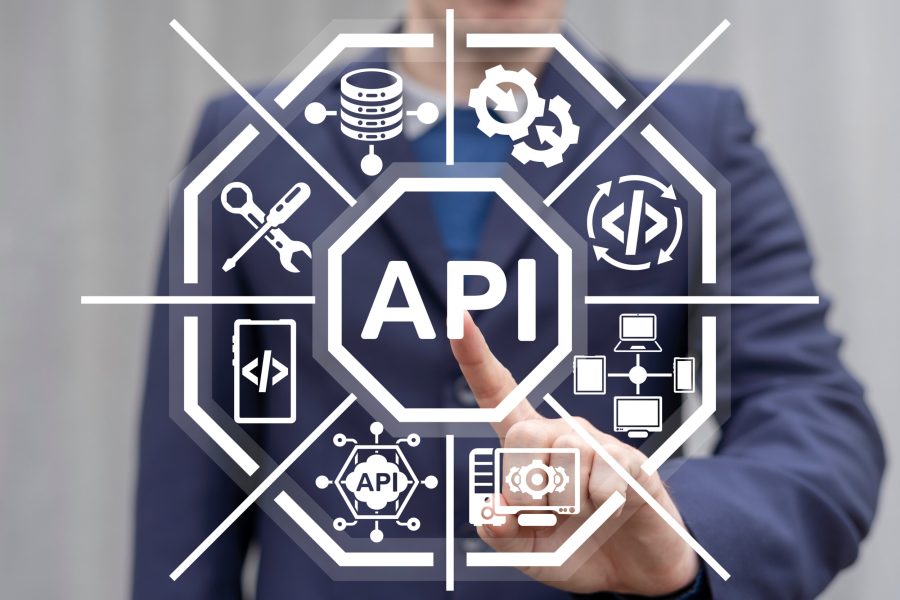Artificial Intelligence (AI) is changing our world in many ways. It’s making big impacts in healthcare, business, and even entertainment. As we look to the future, it’s important to understand the trends and predictions that will shape AI. This article explores these exciting developments and what they mean for us.
Key Takeaways
- AI is progressing rapidly in technology and healthcare, offering new solutions and improvements.
- Quantum computing is emerging as a powerful tool in AI development.
- Ethical concerns, such as bias and privacy, are critical in AI advancements.
- AI is enhancing business efficiency through automation and predictive analytics.
- The role of AI in climate change mitigation is growing, helping monitor and optimize environmental efforts.
Emerging Trends in AI Technology
Advancements in Machine Learning Algorithms
Machine learning algorithms are getting smarter and faster. New techniques are making it easier to analyze large amounts of data quickly. This helps companies like Facebook, Google, and Netflix to tailor their online campaigns for better results. These advancements are transforming how we interact with technology every day.
The Rise of Quantum Computing in AI
Quantum computing is another exciting trend. It promises to solve problems that are too complex for regular computers. This could lead to breakthroughs in many fields, from medicine to finance. Imagine being able to process data at lightning speed—quantum computing could make that a reality.
AI in Edge Computing
Edge computing brings AI closer to where data is created, like on smartphones or smart home devices. This means faster processing and less need to send data to faraway servers. It’s a big step forward for real-time applications like self-driving cars and smart cities.
The future of AI is not just about making machines smarter, but also about making our lives easier and more efficient.
These AI Trends are shaping the future, making technology more integrated into our daily lives.
AI in Healthcare: Transforming Patient Care
AI-Driven Diagnostics
AI is revolutionizing diagnostics by enhancing the accuracy of disease detection. Clinicians can now identify health issues with greater precision, allowing for earlier and more effective treatments. This not only improves patient outcomes but also reduces the strain on healthcare systems.
Personalized Medicine
With AI, treatments can be tailored to individual patients. By analyzing vast amounts of data, AI can suggest personalized treatment plans that are more effective and have fewer side effects. This approach ensures that each patient receives the best possible care based on their unique needs.
Robotic Surgery
Robotic surgery, powered by AI, is making surgeries less invasive and more precise. These advanced systems assist surgeons in performing complex procedures with greater accuracy, leading to faster recovery times and better overall results for patients.
The integration of AI in healthcare is not just about technology; it’s about enhancing the quality of life for patients and making healthcare more accessible and efficient.
Healthcare companies should embrace these advancements and leverage social media to engage with tech-savvy consumers, emphasizing the benefits of data sharing and a robust social strategy.
Ethical Considerations in AI Development
Bias and Fairness in AI
AI technology brings major benefits in many areas, but without the ethical guardrails, it risks reproducing real-world biases and discrimination. Ensuring fairness in AI algorithms is crucial to prevent these issues. Developers must actively work to identify and mitigate biases in their systems.
Privacy Concerns
Protecting sensitive data is a paramount concern in AI development. AI systems often handle vast amounts of personal information, making them targets for cyber threats. Ensuring data privacy and security is essential to maintain public trust and prevent misuse of information.
Regulatory Challenges
Navigating the regulatory landscape is a significant challenge for AI developers. There is a need for thoughtful regulation to ensure that AI systems are developed and used responsibly. This involves creating frameworks that govern the design, implementation, and operation of AI technologies, taking into account factors such as data privacy, security, fairness, and transparency.
Balancing innovation with adherence to ethical standards is key to fostering trust in AI systems and maximizing their positive impact on society.
AI in Business: Driving Efficiency and Innovation
AI-Powered Automation
AI-powered automation is transforming how businesses operate. By automating repetitive tasks, companies can save time and reduce errors. This allows employees to focus on more strategic activities, boosting overall productivity. AI tools become a strategic part of CIOs’ playbook, helping teams predict risks, manage costs, and operate more efficiently.
Predictive Analytics
AI-powered predictive analytics enables businesses to harness the power of data and uncover valuable insights. By analyzing vast amounts of historical data and leveraging advanced algorithms, AI can identify patterns, detect trends, and make accurate predictions about future outcomes. This helps businesses anticipate customer demand, optimize supply chains, and make informed decisions in real time.
Customer Experience Enhancement
AI is revolutionizing customer experience by providing personalized interactions and support. Chatbots and virtual assistants can handle customer inquiries 24/7, offering quick and accurate responses. This not only improves customer satisfaction but also frees up human agents to handle more complex issues. AI-driven insights also help businesses understand customer preferences and tailor their offerings accordingly.
AI fosters innovation and entrepreneurship by enabling the development of new products, services, and business models. Startups and small businesses can leverage AI technologies to disrupt traditional industries and create new markets.
The Role of AI in Climate Change Mitigation

AI for Environmental Monitoring
AI is transforming how we monitor the environment. By using advanced sensors and machine learning, we can track changes in the climate more accurately. This helps scientists understand patterns and predict future changes. AI can analyze vast amounts of data quickly, making it easier to spot trends and anomalies that might be missed by humans.
Optimizing Energy Consumption
One of the biggest ways AI can help fight climate change is by optimizing energy use. Smart grids powered by AI can balance supply and demand more efficiently. This reduces waste and ensures that energy is used where it’s needed most. AI can also help in developing new, more efficient energy sources.
Sustainable Agriculture
AI is also making farming more sustainable. By analyzing soil conditions, weather patterns, and crop health, AI can help farmers make better decisions. This leads to higher yields and less waste. AI can also help in reducing the use of harmful pesticides and fertilizers, making farming more eco-friendly.
All institutions with a role in climate change mitigation should prioritize AI skills-development and explore ways to develop and share relevant data. Risks and challenges exist, but the potential benefits are immense.
AI and the Future of Work

Job Displacement and Creation
AI is changing the job market in big ways. Some jobs will disappear, but new ones will be created. By 2030, up to 30 percent of current hours worked could be automated. This means people will need to learn new skills to stay employed. Jobs like prompt engineers and AI ethicists are examples of roles that didn’t exist before.
AI in Remote Work
AI tools are making remote work easier. They help with tasks like scheduling and communication. This makes it simpler for people to work from home or anywhere else. AI can also help managers keep track of their teams’ work without being too intrusive.
Reskilling the Workforce
As AI changes the job market, learning new skills becomes very important. Workers will need to adapt to new technologies. This might mean going back to school or taking online courses. Companies will also need to invest in training their employees to keep up with these changes.
The workforce will need to adapt and acquire new skills. Our jobs have always been closely intertwined with technology, and AI will revolutionize the nature of work as we currently understand it.
The Evolution of AI in Entertainment
AI in Content Creation
AI is changing how we create content. From writing scripts to generating music, AI tools are making it easier and faster to produce high-quality work. AI-generated content is becoming more common, blurring the lines between human and machine creativity. This technology allows creators to experiment with new ideas and formats that were previously impossible.
Personalized Entertainment
Streaming platforms use AI to recommend shows and movies based on what you like. This makes it easier to find new content that matches your tastes. AI algorithms analyze your viewing habits and suggest personalized options, enhancing your overall experience. This level of personalization was unheard of just a few years ago.
Virtual and Augmented Reality
AI is also making virtual and augmented reality more immersive. By using AI, these technologies can create more realistic and interactive environments. This is especially exciting for gaming and educational applications, where users can experience a whole new level of engagement.
The future of entertainment is bright with AI, offering endless possibilities for creativity and personalization.
Artificial Intelligence (AI) has come a long way in the entertainment industry, transforming everything from video games to movies. Curious about how AI is shaping the future of entertainment? Visit our website to dive deeper into this fascinating evolution and discover more insights.
Conclusion
As we look ahead, it’s clear that AI will continue to shape our world in ways we can’t fully predict. From making our daily tasks easier to solving complex problems, AI’s potential is huge. But with this power comes responsibility. We need to make sure that AI is used in ways that are fair and helpful to everyone. By staying curious and open to new ideas, we can make the most of what AI has to offer. The future is bright, and AI will be a big part of it.
Frequently Asked Questions
What are some new trends in AI technology?
Some new trends in AI technology include advancements in machine learning algorithms, the rise of quantum computing in AI, and the use of AI in edge computing.
How is AI changing healthcare?
AI is changing healthcare by improving diagnostics, enabling personalized medicine, and assisting in robotic surgeries.
What ethical issues are associated with AI?
Ethical issues in AI include bias and fairness, privacy concerns, and regulatory challenges.
How is AI used in businesses?
Businesses use AI for automation, predictive analytics, and improving customer experiences.
Can AI help with climate change?
Yes, AI can help with climate change by monitoring the environment, optimizing energy use, and promoting sustainable agriculture.
What impact will AI have on jobs?
AI will both displace and create jobs, support remote work, and necessitate reskilling the workforce.










